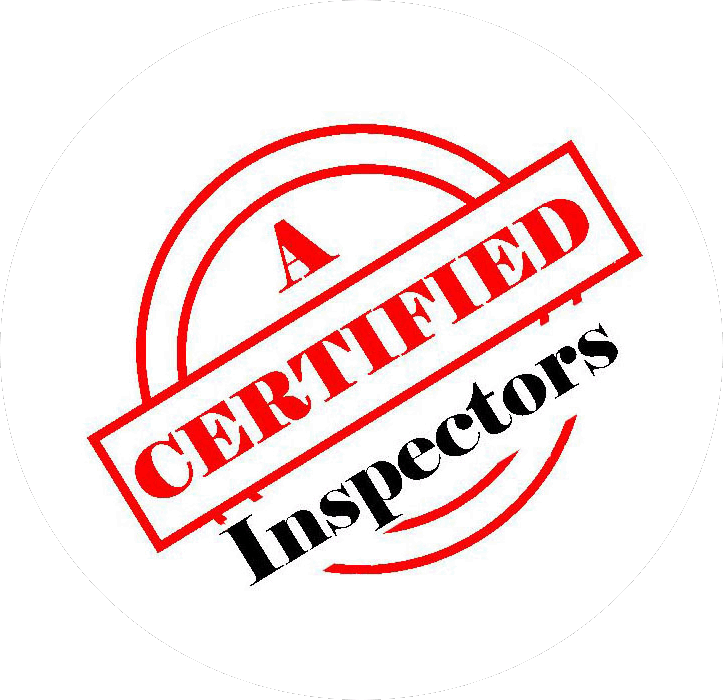10 Frequently Asked Home Inspection Questions
What is a home inspection?
A home inspection is an objective visual examination of the physical structure and systems of a house, from the foundation to the roof. It is normally accompanied by a written report that details the condition of the home.
How much does a home inspection cost?
In the Wasilla, Palmer, Big Lake, Alaska area, they usually run from $400 to $450. Larger or more complex houses, or those that are further from the core area, can sometimes run a bit higher.
How long does a home inspection take?
Depending on the size and complexity of the home, the inspection itself normally takes about two to four hours. However, the report may take considerably longer. Unless the inspector is extremely busy (and tells you so in advance) it is reasonable to expect the report within 24 to 48 hours.
Do I have to be present for the inspection?
It’s not required that you be present for the inspection, however, we highly recommend it. Attending the inspection provides you an excellent opportunity to ask questions of our professionally certified inspectors. This can help you learn a great deal about the condition of the home, as well as how to maintain it.
How do I choose a reputable home inspector?
In a nutshell; look closely at experience, professional qualifications, and references. Ask your prospective inspector how many actual home inspections they have completed. Review their professional qualifications. Professional associations like the American Society of Home Inspectors (ASHI) will not even allow an inspector to become a member until they have completed at least 350 home inspections! Anyone with 50 or fewer inspections has likely just opened business. Check the company’s references, then do your own research by calling local realtors and contractors to see what kind of reputation the company has within the community.
What if the home inspection report reveals problems?
Because no house is perfect, there is no such thing as a flawless inspection. When a certified inspector identifies problems, it doesn’t mean you should or should not buy the house. It simply provides you important information regarding a major purchase. If your budget is tight, or if you don’t want to become involved in future repair work, a seller may agree to make certain repairs/improvements as part of the purchase agreement.
We are building a new home with our own finances, is a home inspection required by law?
Outside of the City of Palmer, the Mat-Su Borough doesn’t require home inspections on new construction or existing homes. However, most lenders do require inspections for a newly constructed home. Even if you use your own finances to build, it may be more difficult for you to sell your home down the road.
We are really trying to pinch our pennies on the purchase of our first home. The home was built in 1985 and occupied ever since, if a home inspection is not required by law, why should we pay for one?
Many homes built prior to 1990 in the Mat-Su Valley, had little to no construction oversight by an independent third party. Additionally, in the past 35 years, the home building industry has advanced considerably in its knowledge of cold-climate construction. This is especially true in the arena of insulation and ventilation. Improper ventilation alone can have devastating effects on a structure’s integrity and longevity.
What is an energy rating?
An energy rating assesses the various components of your home from the perspective of energy efficiency. More specifically, it is an evaluation of your home’s insulation levels, air tightness, space and water heating systems, windows and doors, and ventilation system to determine an energy rating score. This score is specified as a “star” rating. In Alaska, a Five Star rating is the minimum to meet the Building Energy Efficiency Standard (BEES) and is often required for the financing of your home. A Five Star Plus rating may even qualify a newly constructed home for the Home Energy Rebate Program.
Are energy rebates still available?
The State of Alaska plans to end its Home Energy Rebate Program as of March 25, 2016. However, depending on State finances, this program could possibly be reinstated at a future date.
For current federal tax credit information please see: https://www.energystar.gov/about/federal_tax_credits
